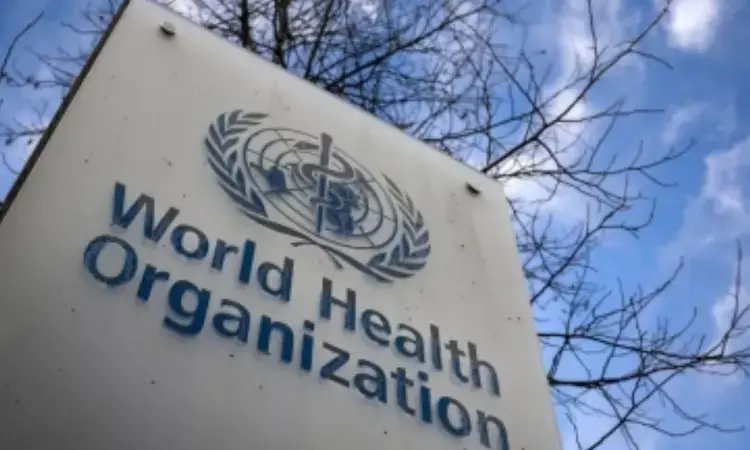- Home
- Medical news & Guidelines
- Anesthesiology
- Cardiology and CTVS
- Critical Care
- Dentistry
- Dermatology
- Diabetes and Endocrinology
- ENT
- Gastroenterology
- Medicine
- Nephrology
- Neurology
- Obstretics-Gynaecology
- Oncology
- Ophthalmology
- Orthopaedics
- Pediatrics-Neonatology
- Psychiatry
- Pulmonology
- Radiology
- Surgery
- Urology
- Laboratory Medicine
- Diet
- Nursing
- Paramedical
- Physiotherapy
- Health news
- Fact Check
- Bone Health Fact Check
- Brain Health Fact Check
- Cancer Related Fact Check
- Child Care Fact Check
- Dental and oral health fact check
- Diabetes and metabolic health fact check
- Diet and Nutrition Fact Check
- Eye and ENT Care Fact Check
- Fitness fact check
- Gut health fact check
- Heart health fact check
- Kidney health fact check
- Medical education fact check
- Men's health fact check
- Respiratory fact check
- Skin and hair care fact check
- Vaccine and Immunization fact check
- Women's health fact check
- AYUSH
- State News
- Andaman and Nicobar Islands
- Andhra Pradesh
- Arunachal Pradesh
- Assam
- Bihar
- Chandigarh
- Chattisgarh
- Dadra and Nagar Haveli
- Daman and Diu
- Delhi
- Goa
- Gujarat
- Haryana
- Himachal Pradesh
- Jammu & Kashmir
- Jharkhand
- Karnataka
- Kerala
- Ladakh
- Lakshadweep
- Madhya Pradesh
- Maharashtra
- Manipur
- Meghalaya
- Mizoram
- Nagaland
- Odisha
- Puducherry
- Punjab
- Rajasthan
- Sikkim
- Tamil Nadu
- Telangana
- Tripura
- Uttar Pradesh
- Uttrakhand
- West Bengal
- Medical Education
- Industry
Inequality in Cancer Care : WHO

Geneva: On World Cancer Day, the World Health Organization (WHO) called for the gap in the availability of cancer care in high and low-income countries to be addressed. Globally, cancer is one of the leading causes of death, with an estimated 20 million people diagnosed and 10 million deaths from the disease in 2021, the WHO said.
These numbers will continue to rise in the decades ahead, Xinhua news agency quoted the global health body as saying.
World Cancer Day is a global event taking place every year on 4 February to unite the people worldwide in the fight against cancer. Its aim is to increase awareness and education about it, sensitize governments in order to take action.
According to National Health Portal of India , globally about 8.8 million people die from cancer each year; if left unchecked, the number of deaths will increase to 13.2 million per year by 2030. The five most frequent cancers in India are breast cancer, cervical cancer, oral cancer, lung and colorectal cancer.
Also Read:WHO recommends two new drugs to treat patients with COVID-19
Though all cancers can be treated and many can be prevented or cured, available care reflects global inequality. Comprehensive treatment is available in more than 90 per cent of high-income countries, but less than 15 per cent of low-income countries, WHO said.
Cancer services are covered by national healthcare services in only 37 per cent of low- and middle-income countries, compared to at least 78 per cent of high-income countries.
WHO highlighted the role of national cancer centers, saying they can be a one-stop shop for prevention, diagnosis, multidisciplinary treatment and supportive care, which makes it easier for patients to navigate services with concentrated expertise, and leads to better results. Radiotherapy is among the most cost-effective, efficient and widely-used treatments for cancer, but worldwide access remains inadequate.
Also Read:COVID-19 boosters should start with most vulnerable: WHO
Medical Dialogues Bureau consists of a team of passionate medical/scientific writers, led by doctors and healthcare researchers. Our team efforts to bring you updated and timely news about the important happenings of the medical and healthcare sector. Our editorial team can be reached at editorial@medicaldialogues.in.


